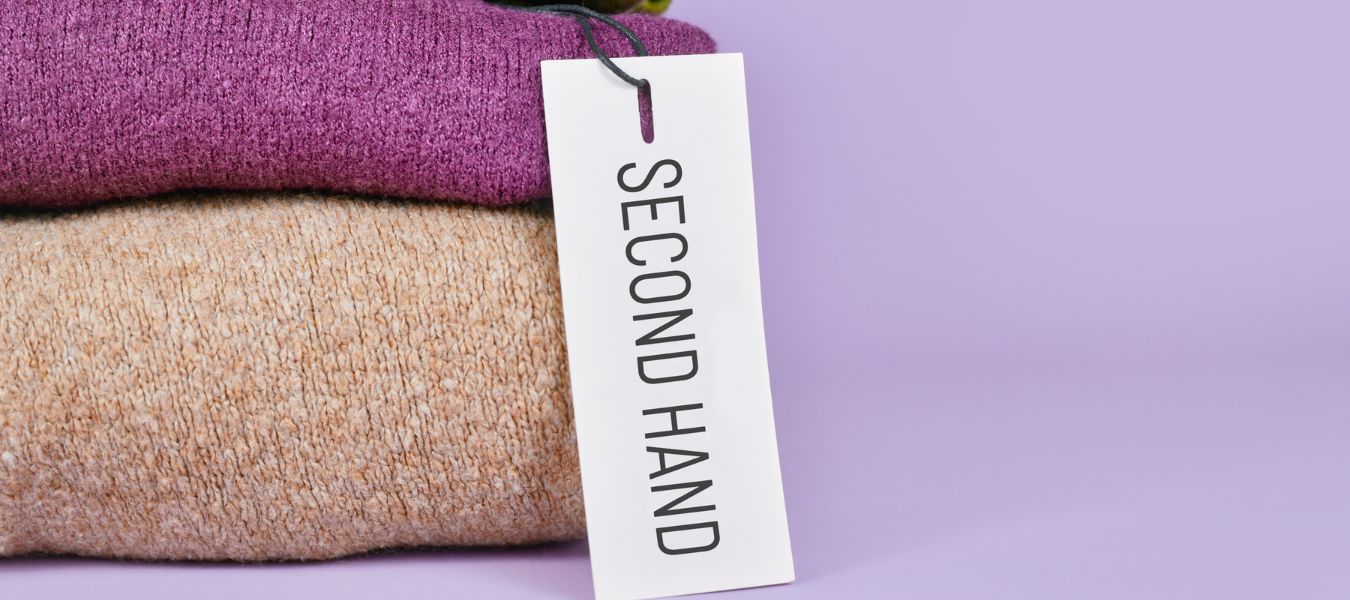In a groundbreaking investigation jointly conducted by the Netherlands Ministry of Infrastructure and Water Management and Circle Economy, Kenya‘s significant role as a destination for low-quality second-hand clothes has been unveiled. The findings paint a stark picture of a country grappling with environmental degradation, gender disparities, and the urgent need for sustainable solutions.
Complex Network Unveiled
The investigation reveals a sophisticated web responsible for channelling substandard textiles from the Netherlands to Kenya. Through cloth laundering hubs strategically located in Poland and Pakistan, thousands of tonnes of low-quality textiles find their way into Kenya annually, perpetuating the cycle of disposal and environmental harm.
Environmental Impact and Health Hazards
one of Kenya’s Textile Challenges is an influx of 150 to 200 tonnes of used textiles entering Kenya daily, the environmental repercussions are dire. Landfills overflow with unusable clothing, while open burning contributes to air pollution and health hazards for nearby communities. Rivers and informal settlements bear the brunt of this textile waste, exacerbating existing environmental challenges.
Gender Disparities in the Industry
Beyond environmental concerns, the investigation sheds light on gender disparities within Kenya’s second-hand clothing industry. While men dominate recycling and sorting enterprises, women are often relegated to lower-wage, manual labour-intensive tasks. This imbalance underscores the need for inclusive policies and opportunities within the sector.

Call for Sustainable Solutions
Amidst these challenges, stakeholders are urged to prioritize sustainable practices and regulatory measures. From enhancing quality control mechanisms to fostering greater transparency in the supply chain, concerted efforts are needed to mitigate environmental impact and promote fair labor practices.
Kenya’s Textile Challenges and The Path Forward
As Kenya grapples with its role as a dumping ground for second-hand textiles, collaboration between government, industry, and civil society is paramount. Initiatives aimed at promoting circular economy models, empowering women within the industry, and investing in waste management infrastructure are essential steps towards a more sustainable and equitable future.
In conclusion, the Dutch investigation serves as a wake-up call for Kenya and the global community to address the systemic challenges facing the second-hand clothing industry. By embracing innovation and collective action, we can pave the way towards a more environmentally conscious and socially inclusive textile sector.

Fashion Industry’s Role in Driving Textile Waste
The global fashion industry is a significant contributor to textile waste, with fast fashion leading the charge in overproduction and low-quality garment manufacturing. As trends rapidly shift, garments are often discarded after a single season, creating massive waste streams.
The Netherlands, as a major exporter of second-hand clothes, is not alone in sending low-quality textiles to countries like Kenya. The lack of effective waste management solutions and the push for mass production have exacerbated the environmental burden.
This highlights the need for both producers and consumers to adopt more sustainable approaches, such as slow fashion, conscious purchasing decisions, and the promotion of durable, high-quality products that are designed to last. Addressing these root causes is crucial for reducing the global textile waste crisis.
Innovative Recycling Technologies and Circular Economy Models
Innovative recycling technologies have the potential to transform the way we deal with textile waste. From fiber-to-fiber recycling, which breaks down old clothes to create new fabrics, to advanced sorting technologies that help identify high-quality materials for reuse, these solutions can significantly reduce the environmental impact of discarded textiles.
Additionally, the circular economy model offers a promising approach to extend the lifespan of garments by encouraging repair, repurposing, and upcycling. For countries like Kenya, which struggle with waste management challenges, investing in these technologies and establishing local recycling infrastructure could reduce reliance on wasteful disposal methods. Governments, industries, and NGOs must collaborate to scale these solutions, promoting both environmental sustainability and economic growth within the textile sector.



















